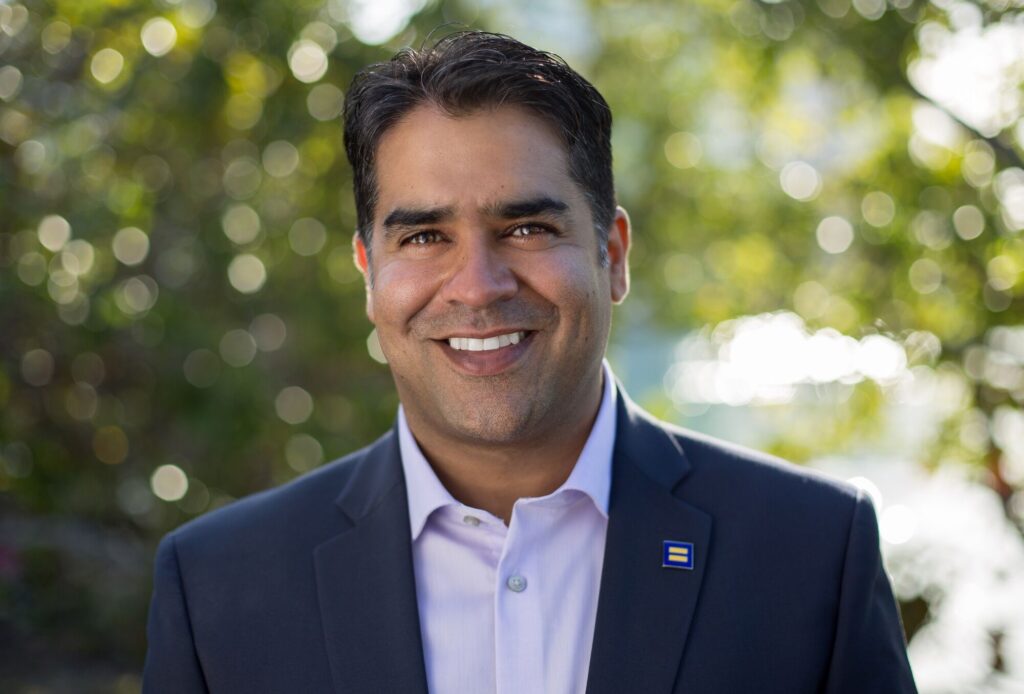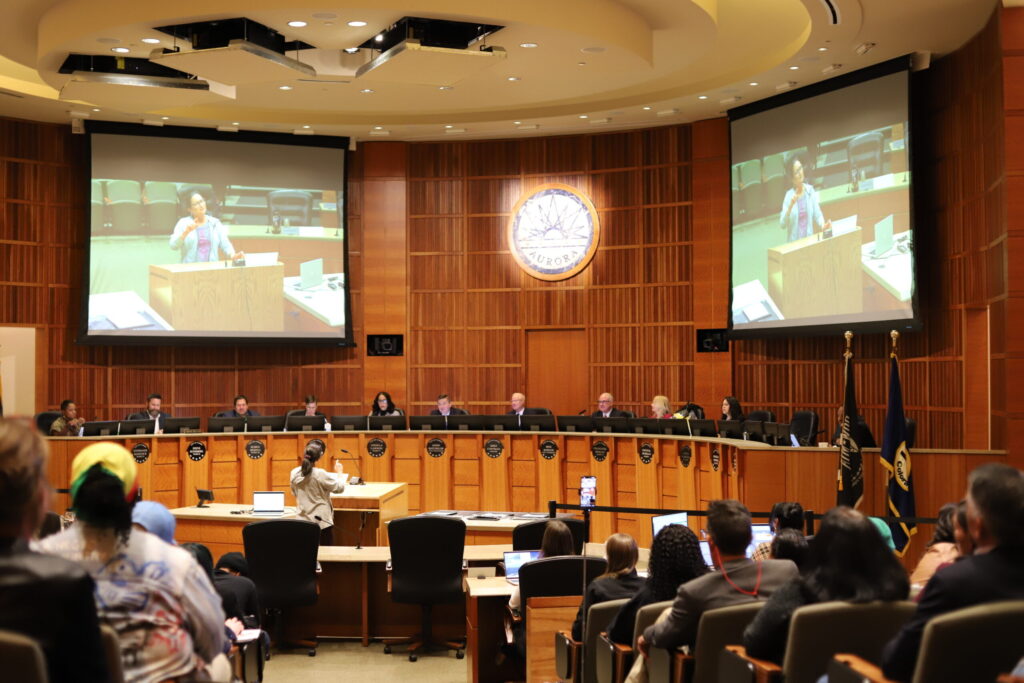Chamber kicks off campaign to boost healthy communities
The U.S. Chamber of Commerce Foundation kicked off a two-year national campaign to encourage businesses to help make communities healthier with a recent forum in Denver.
“We wanted to go where there’s best practices. Denver is it,” said Marc DeCourcey, vice president of the foundation and head of its Corporate Citizenship Center.
A healthy population will help the country because a healthy workforce is vastly more productive, he said.
But it isn’t just a matter of an apple a day.
“Forty percent of an individual’s health is the result of socioeconomic factors, like the economy, income and education,” DeCourcey said at the forum, held on June 26 at the Denver Metro Chamber of Commerce. “Quite often economic factors are ignored, usually because health is viewed as a consequence of individual behavior, access to care and genetics. Health is far more than what happens in a doctor’s office.”
The Better Health through Economic Opportunity campaign is a partnership between the national Chamber Foundation and the Robert Wood Johnson Foundation, involving 10 regional forums and research to help businesses figure out how to boost community health.
The regional forums are scheduled to culminate with a national summit at the end of next year in Washington, D.C.
“Our hope is it doesn’t end there,” DeCourcey said.
“We are really proud to be the first one,” said Kelly Brough, president of the Denver Metro Chamber of Commerce. “We’re going to set the tone and the stage for the next nine cities. We are great at getting (things) done in Colorado.”
Brough cited the Colorado Health Report Card from the Colorado Health Foundation, which shows that Colorado is making slow progress in becoming healthier. The report’s data shows the differences in health based on socioeconomic factors. For example, Colorado’s adults have the nation’s lowest obesity rate at 21.9 percent. However, those with annual incomes below $10,000 have an obesity rate of 29.2 percent, and Hispanic children have an obesity rate of 15.5 percent, nearly double the 8.7 percent rate of white children.
“It is important that we achieve a goal for a healthy workforce, because here’s what we know,” Brough said. “Studies show that, in the workplace, employers who eat healthier are 25 percent more likely to have high job performance. Absenteeism is 27 percent lower for workers who both ate healthy and exercised, which makes them more productive. They’re in the workplace and we know that makes a difference in terms of our success and our economy.”
The keynote speaker, Luella Chavez D’Angelo, chief communications officer at Western Union, talked about her company’s work to create healthy communities and offered advice to other business leaders about creating a culture of wellness at their own companies.
“Outside of the United States, people know us, and they know what we stand for, they know that we are a lifeline for global payments,” she said. “But what we really like to be known for is creating strong economies and creating strong communities. We believe we’re in the business of building communities — healthy communities — every single day, and that is through the movement of money.”
With operations in every country and territory in the world except North Korea and Iran, Western Union moves millions of dollars every day, Chavez D’Angelo said.
“That money is moving so people can get the health care they need, she said. “They can get the education they need and we believe those two things first and foremost are what make communities stronger. It is about creating healthy communities.”
Western Union frames the conversation about wellness around employees, leadership, the brand and customers.
For employees, the company assumes it should create a healthy environment, with fitness centers in major locations, offer healthy foods in cafeterias and provide outdoor space where employees can stretch their legs or hold walking meetings. Employees are also encouraged to volunteer in their communities and sit on nonprofit boards.
“Because, if they’re out there and they’re seeing what the community needs are, what other individuals are lacking, then they come back wanting to do something about it. The Western Union Foundation doesn’t have to be the ones pushing the agenda,” she said. “The employees are actually the ones pushing the agenda.”
After the panel discussion, participants broke into smaller groups to talk about community wellness, education, workforce and the surroundings that lead to health. Additional forums are scheduled so far in Memphis, Orlando, Oklahoma City and Fort Worth.
“We think (Denver was first) because this is an area we’ve done work with,” Brough told The Colorado Statesman. “We are ripe for continuing the conversation.”
She said she looks forward to learning the outcomes of the project and finding out more practices that can help her chamber and local businesses improve the wellness of Colorado’s communities.
For more information about the Better Health through Economic Opportunity campaign visit https://www.uschamberfoundation.org/better-health-through-economic-opportunity.












